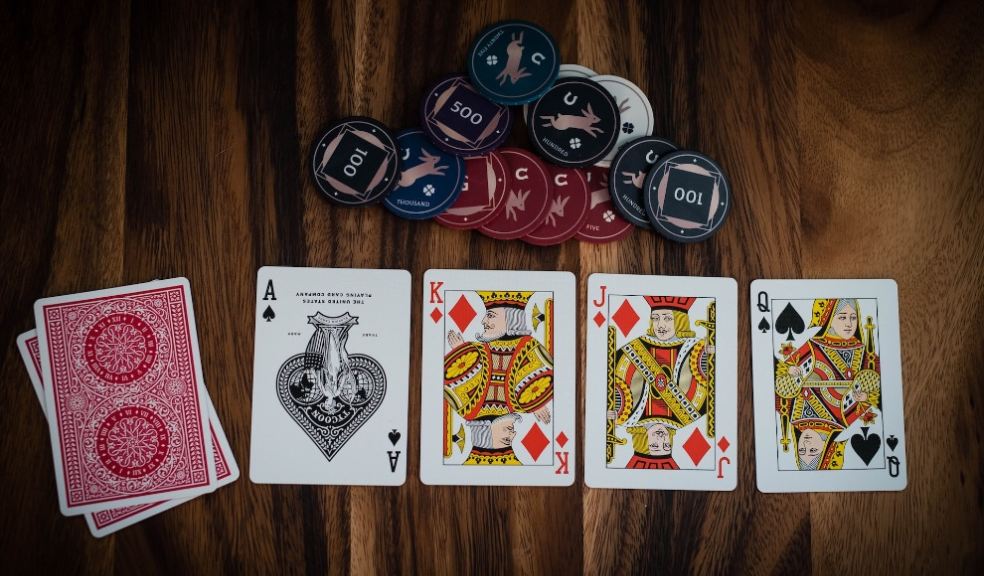
4 Skills You Need to Become a Great Poker Player
Poker, a game often described as a blend of skill, strategy, and luck, has captivated millions of enthusiasts worldwide. Whether you dream of winning big tournaments or just want to hold your own in friendly games, honing certain skills is crucial.
While there's no definitive blueprint for poker success, mastering the following abilities can significantly elevate your game. Whether you choose to play at a digital table at a site like 32red live casino, or in the real-life casino, it always pays to turn up to the table prepared.
Psychological Acumen
Understanding your opponents is as crucial as knowing the cards in your hand. Reading players' tells, predicting their moves, and even sussing out their strategies come under psychological acumen. Being attuned to subtle cues - like changes in body language, betting patterns, or even hesitations - can provide valuable insights into your opponents' intentions.
Moreover, a strong psychological foundation allows you to remain calm under pressure. The world of poker is replete with highs and lows, and managing your emotions ensures you make rational decisions, even when the stakes are high.
Mathematical Proficiency
While you don't need to be a maths genius to excel at poker, a basic understanding of probabilities can work wonders. Poker involves a lot of calculations on the fly. Knowing the odds of completing a drawing hand, calculating pot odds, and understanding the concept of expected value are fundamental aspects of the game.
Being mathematically adept allows you to make informed decisions. For instance, if the odds of getting the card you need are lower than the pot odds, it might be time to fold. A keen numerical sense ensures that your moves are more strategic than mere hunches.
Strategic Thinking
Poker is not just about the cards you're dealt; it's about how you play them. Strategic thinking involves planning several steps, anticipating opponents' reactions, and adjusting your gameplay based on the evolving dynamics at the table.
A good poker strategy is multifaceted. It encompasses everything from understanding when to play aggressively to recognizing the right moment to fold. Being adaptable, knowing when to change tactics, and consistently keeping opponents on their toes are hallmarks of a strategic poker player.
Discipline and Patience
In the world of poker, patience isn't just a virtue; it's a requisite. Understanding the rhythm of the game and realizing that patience often translates to power is essential. Not every hand you're dealt will be a winner, and recognizing that is vital. The allure of the game can sometimes push players into the trap of wanting to dominate every round. However, the best players know that waiting for the right moment can yield more significant rewards than diving into every opportunity.
Jumping into every pot and playing every hand can quickly deplete your stack. It's easy to get swept up in the excitement or feel the pressure to recoup losses, leading to rash decisions. But in poker, as in life, timing is everything. Knowing when to hold back, even when the itch to play is strong, can be the difference between walking away triumphantly and leaving with empty pockets.
Discipline is a close ally of patience. It's the art of self-control, resisting the temptation to chase losses or stray from a well-thought-out strategy. This involves setting limits for yourself, be it the number of games you'll play in a session, the amount of money you're willing to risk, or the emotional triggers you need to be aware of.
Becoming a great poker player is a journey, not a destination. While mastering the above skills can set you on the right path, the world of poker is always evolving, and there's always something new to learn. Engage in continuous learning, practice regularly, and always be open to refining your strategy. With dedication and the right skills, you'll find yourself rising through the ranks of the poker world.











